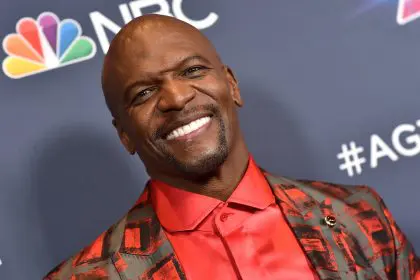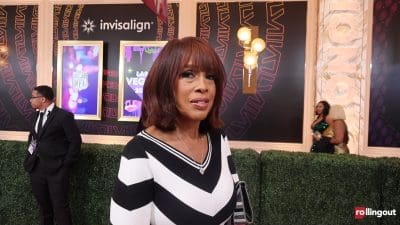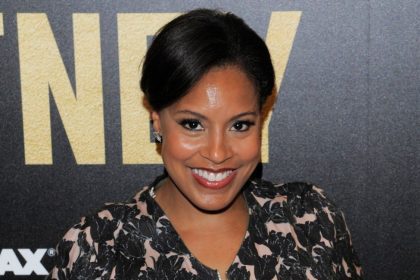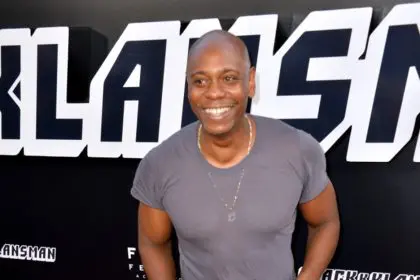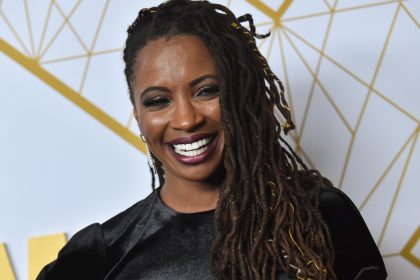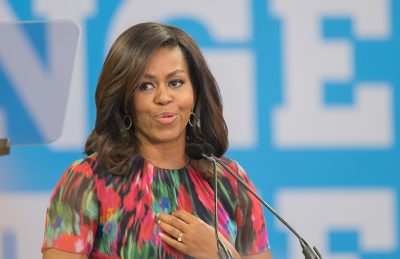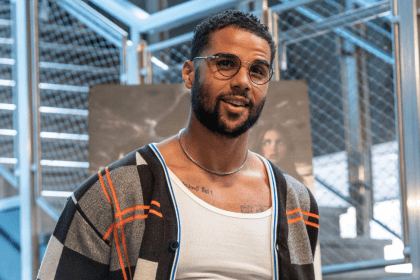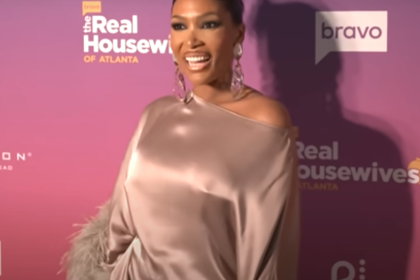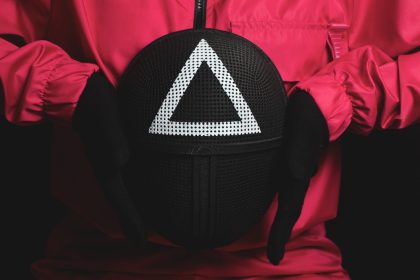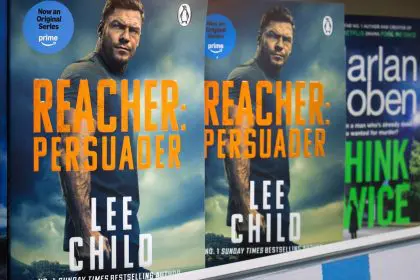
Craig Robinson has gradually climbed the comedy ladder in Hollywood. With his new show, “Mr. Robinson,” airing on NBC this August, it’s easy to forget how far he’s come. The former music teacher from Chicago began his career as a stand-up comic and appeared in small roles in several early 2000s comedies before hitting it big with NBC’s popular sitcom “The Office.” From there, Robinson gained more notoriety starring alongside Seth Rogen and Danny McBride in hit movies like Pineapple Express and This Is the End. After working his way up in Hollywood, Robinson tells rolling out that he’s not feeling any pressure now that he has his own show.
“It’s something that I’ve been preparing for–just being around so many of the guys, working with Steve Carrell and Seth Rogen and McBride and Bernie Mac,” he says proudly. “It’s something where I knew there would be no sleep; just go in and go at it. I’m relishing it. It’s very much an ensemble and its love and it’s beautiful. When I did The Office, even though [my character Darryl] was in the warehouse, I was like the foreman. When we first started even, there would be episodes that were Darryl-centered. They kind of train you for this.”
His new show features Craig as a music teacher at a high school — very much based in his own history. Robinson was raised the son of a corporate attorney father and music teacher mom, and even spent time teaching music at the elementary school level. Even with his comedy, he typically incorporates music into his offbeat sense of humor. He says that music was how he found his comedic voice.
“Music is my partner. That’s basically what it is, especially the keyboard. When I first started doing comedy, I went to this one spot and I got a few jokes out, but it didn’t go so well for me. It happened at another spot; but then I took the keyboard up one week and that’s all she wrote. Whenever I was doing a project or trying to figure something out, I’d get the rhythm of it as if it’s a big musical number. It got to the point where, when I did Hot Tub Time Machine, the producers saw me perform before they did it and said ‘Oh, let’s make Nick a musician.’ Even with Peeples, they threw the music in there. I couldn’t run from it.”
On “Mr. Robinson,” the funnyman shares the screen with established actors like Brandon T. Jackson (Tropic Thunder) and Amandla Stenberg (The Hunger Games), and he believes that everyone is a part of what makes the show work.
“It’s very much an ensemble show. And everybody has an oar to row in this boat,” says Robinson. “So when you look at super successful shows, like a Seinfeld, look at the cast around him. Everybody is strong. That’s what we did here — put people around me who could deliver each and every time. “
Robinson, of course, has been featured alongside some of the funniest personalities in the business. Working with the likes of Rogen and Carrell can sometimes mean your own comedic voice becomes muted; and Black comics in particular seem to not get the same creative latitude as it pertains to their own comedic voice. Robinson says finding collaborators who understand that voice is imperative — and they have to let you find your own space within a joke-filled script.
“Ninety-eight percent of the stuff I’ve done is comedy. So what I’ve noticed is that they want you to improvise,” he explains. “Timing is everything and the voice [is important] but that precious moment — the now — is where something can come out of thin air and you can react to a situation — nothing really beats that. It’s absolutely important to have that freedom to improvise and dance around a script. And if I see something I don’t agree with — the people I work with, it’s easy. We have battles here and there but we all want to be successful so it’s like ‘c’mon, let’s figure it out.’ ”
Robinson found comedy as a youngster, cracking wise while his father tried to tell the kids stories, (“When I had the parents laughing, I knew it was special.”); but admits that when he was taking his first steps toward more mainstream television and movie gigs, he had to adjust to a different sense of what was funny.
“One of the first things was I had to broaden my sense of humor and understand that just because I didn’t understand something didn’t mean it wasn’t funny,” he recalls. “Sometimes you just don’t get a joke and you’ve got to figure it out. So I had homework to do when it came to comedy. I’d be reading a script at a table read and reading a line and everybody was cracking up and I’d be like ‘I don’t get that.’ The first TV show I did was called Lucky. I can’t remember the line, but I just remember people cracking up and I was like ‘OK, I’ve got to do some research to see what I’m saying that’s so funny.’ It’s like telling a kid to curse and they don’t know why they’re laughing.
“In Hollywood, you’ve got to grow a thick skin. There were times when I just knew I had the audition. I auditioned for this movie and at the end of the audition the director held my hand in the air and said ‘The winner is!’ After that — I never heard from them again. I was like ‘Dang. Welcome to Hollywood.’ The movie didn’t get made, but I’d heard ‘They’re looking at Chris Rock for that.’ I was like ‘No! They can’t be! I’m the winner!’ Wait till everything is signed on the dotted line and wait until the check is cashed. Then you can celebrate.”
And Robinson doesn’t believe that getting studios to take your ideas seriously is an impossible hurdle to jump — he just believes you have to have the right time and the right approach to your pitch. He recalls how his manager helped force him to learn how to play the game and get his ideas heard and how that led to “Mr. Robinson” becoming a reality.
“My manager, Mark Schulman, when I didn’t have an agent; he didn’t care if the part called for a 5’1 Caucasian female — he would send me in to audition,” Robinson explains. “To make sure I met people and learned how to audition. There’s an art to all of this. He won’t let me fail. The reason this show came about is because towards the end of The Office, he said ‘We’ve got to pitch.’ And we ended up pitching it to Greg Daniels. Mark was the spark, pretty much. So when it comes to pitching ideas, I don’t think it’s hard when you’re prepared. When you’re prepared and know what you’re doing and know that you’ve got something, my attitude is ‘Y’all better step up. Who’s going to be the lucky one?’ ”


